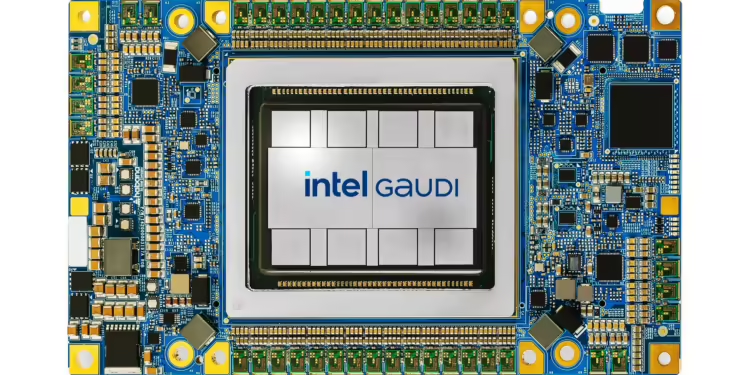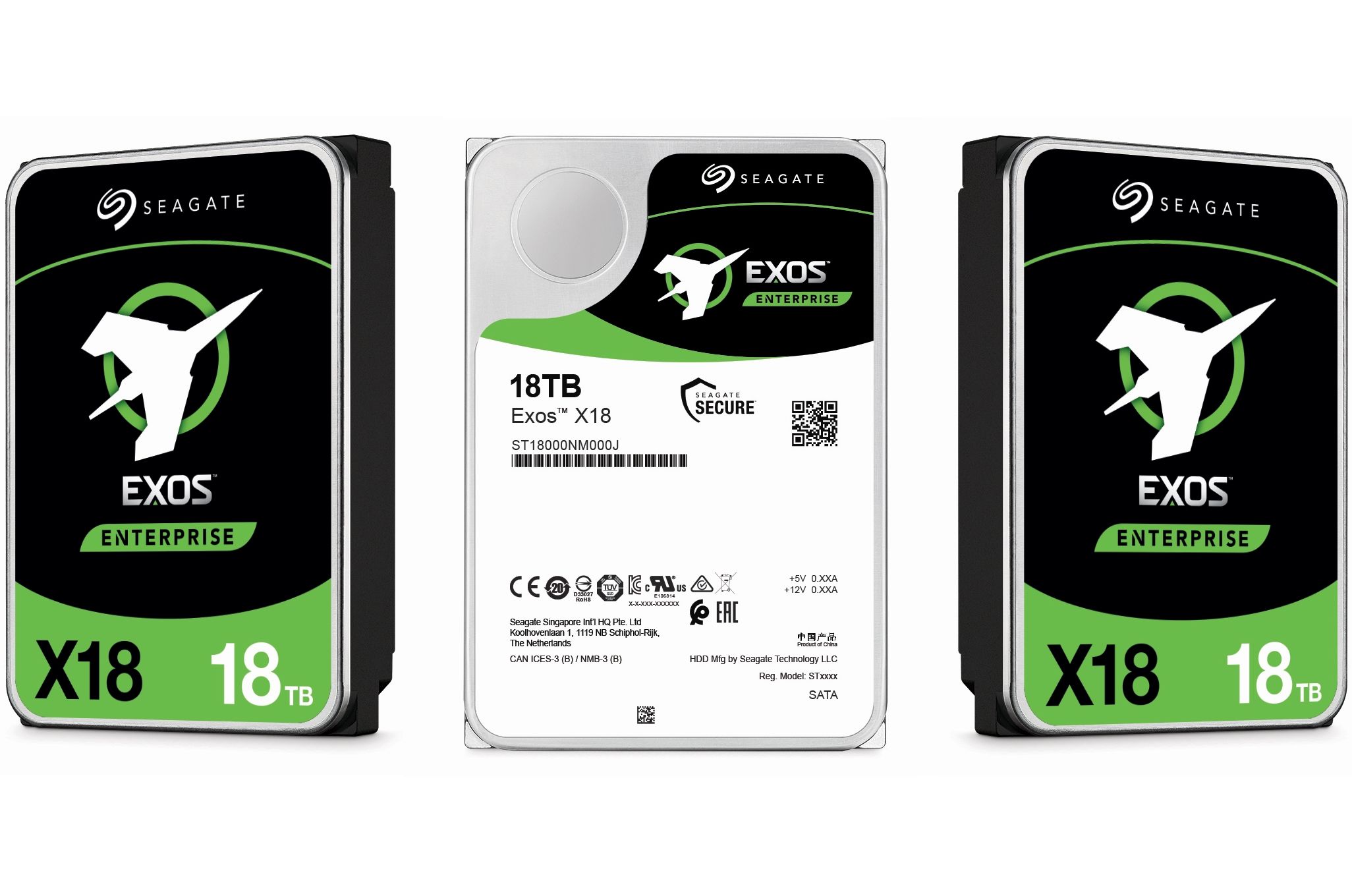Intel has unveiled its latest advancements in AI and high-performance computing (HPC) with the launch of the 6th Gen Xeon processors and Gaudi 3 AI accelerators. These innovations represent a leap forward in enterprise-grade AI capabilities, optimizing both performance and scalability across a range of industries.
Xeon 6: Twice the Performance and AI-First Architecture
The Xeon 6 processors come with a revamped architecture designed specifically to accelerate AI workloads. Featuring AI accelerators built into every core, the processors deliver up to twice the performance of their predecessor. This makes the new Xeon processors well-suited for a range of AI tasks, from natural language processing to data analytics.
Key advancements include support for multiple AI models simultaneously and seamless integration with Intel’s AI software suite. The processors also support diverse AI frameworks, making them adaptable to various enterprise needs. Intel claims the Xeon 6 offers superior energy efficiency, which is a key benefit for companies looking to reduce operational costs while scaling their AI infrastructure.
Gaudi 3: Targeting Generative AI with Higher Throughput
Intel’s Gaudi 3 AI accelerators are designed to supercharge performance for machine learning models, especially those driving generative AI. Intel reports a 20% improvement in throughput, specifically optimized for large models such as LLaMa 2 70B. With enhanced hardware designed to process vast amounts of data quickly, Gaudi 3 is set to be a critical component for AI developers looking to push the boundaries of model complexity.
The accelerators are especially beneficial for workloads related to training and inference in natural language processing (NLP), computer vision, and other deep learning applications. Their increased throughput aims to reduce bottlenecks, improving overall efficiency in AI deployments.
Collaboration and Ecosystem Expansion
Intel is not just focusing on hardware; it is extending its influence through collaborations with major industry players such as IBM, Google Cloud, and other OEMs. These partnerships aim to increase AI adoption by providing comprehensive solutions that integrate Intel’s new hardware with cloud-based AI platforms, thereby simplifying deployment for enterprises of all sizes.
Additionally, Intel is enhancing its AI software ecosystem. Its partnerships ensure that developers can leverage familiar tools and frameworks optimized for the new Xeon and Gaudi hardware. By expanding the developer ecosystem, Intel aims to foster innovation in fields like healthcare, financial services, and manufacturing, where AI has the potential to drive significant transformation.
Lowering AI Development Costs
A key focus of Intel’s latest releases is reducing the cost of AI adoption for enterprises. The Xeon 6 and Gaudi 3 hardware offers a compelling balance between price and performance, making AI more accessible to companies that might have previously found the technology too expensive or resource-intensive.
The Future of AI and HPC
Intel’s Xeon 6 and Gaudi 3 mark an important milestone in the company’s broader strategy to dominate the AI and HPC landscape. As AI becomes increasingly integral to sectors like cybersecurity, robotics, and digital transformation, these new hardware solutions are expected to play a critical role in shaping the next generation of enterprise technology.
By doubling down on both performance and accessibility, Intel is well-positioned to meet the growing demands of the AI-driven future. The focus on scalable, cost-effective AI infrastructure makes these solutions attractive not just to tech giants but also to small and medium-sized businesses looking to leverage AI for competitive advantage.
For more information, visit the official Intel press release.









